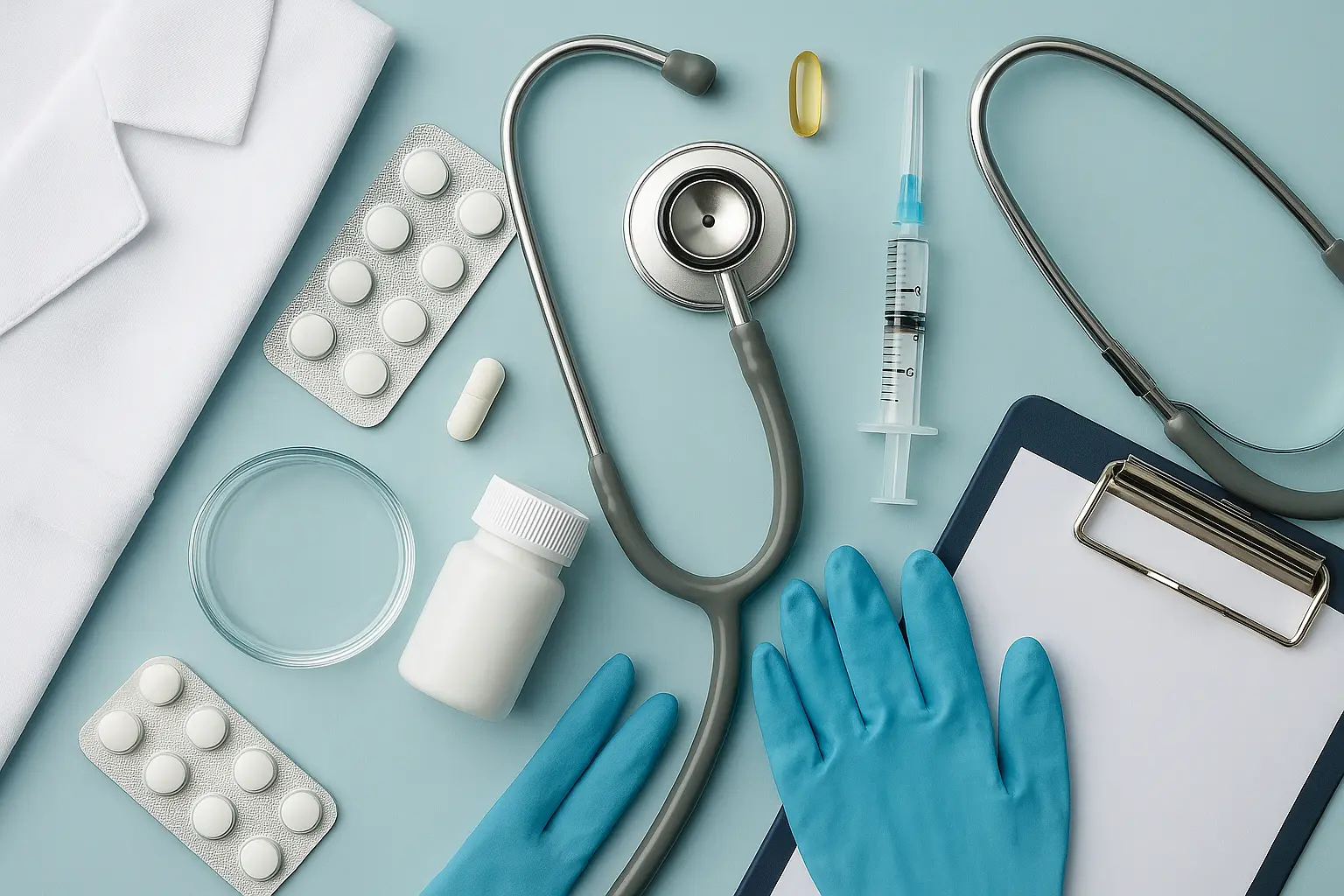EN 301 Medical Laboratory Safety Certification
The EN 301 standard is a crucial part of ensuring safety and quality in medical laboratories. Designed to protect both staff and patients, this certification addresses the unique hazards present in laboratory environments. The standard covers various aspects such as safety procedures, emergency response plans, fire protection, electrical installations, and general safety measures.
The primary goal of EN 301 is to minimize risks associated with chemical substances, biological agents, and physical factors like radiation or noise. Compliance ensures that laboratories are equipped to handle these challenges effectively while maintaining the highest level of safety standards.
For quality managers, compliance officers, R&D engineers, and procurement teams responsible for medical laboratory operations, EN 301 provides a comprehensive framework for assessing and improving lab safety protocols. By adhering to this standard, organizations can demonstrate their commitment to safeguarding public health and preventing accidents or incidents within the workplace.
The certification process involves several key steps including hazard identification, risk assessment, implementation of control measures, and regular review and updates based on new information and technologies. It also emphasizes continuous improvement through education and training programs aimed at enhancing awareness among all personnel involved in laboratory activities.
Understanding how EN 301 applies to different types of medical laboratories is essential for effective compliance management. For instance, clinical pathology labs must focus on specimen handling procedures while microbiology departments need special attention towards biosecurity measures. Similarly, analytical chemistry units should prioritize proper calibration and maintenance of instruments used in testing processes.
One critical component of EN 301 certification lies in its emphasis on emergency preparedness plans which include evacuation procedures, first aid provision, and communication protocols during emergencies. This ensures that all personnel are adequately trained to respond swiftly and effectively when incidents occur.
| Applied Standards | Description | Status | Date |
|---|---|---|---|
| EN 301:2018 | Medical laboratories – Safety requirements for the design, construction and operation | Adequate | August 2018 |
| ISO 9001:2015 | Quality management systems – Requirements | Incorporated | September 2015 |
| IEC 61010-1:2011 | Electrical equipment for measurement, control and laboratory use – Part 1: General requirements | Referenced | November 2011 |
| ASTM F3461-19 | Standard guide for emergency preparedness in health care facilities | Recommended | December 2019 |
Incorporating these standards into your laboratory’s safety practices not only helps achieve EN 301 certification but also enhances overall operational efficiency by fostering a culture of continuous improvement and adherence to best industry practices.
Choosing EN 301 certification demonstrates a commitment to excellence in medical laboratory safety. It reassures stakeholders about the reliability of services provided by your organization and helps maintain public trust. By adhering to this standard, you contribute significantly towards protecting both patients and staff from potential hazards within the lab environment.
The impact of achieving EN 301 certification extends beyond mere compliance; it fosters a safer working environment which translates directly into enhanced patient care outcomes. Satisfied customers appreciate knowing that their healthcare providers follow stringent safety protocols, leading to greater customer loyalty and confidence in the services offered.





